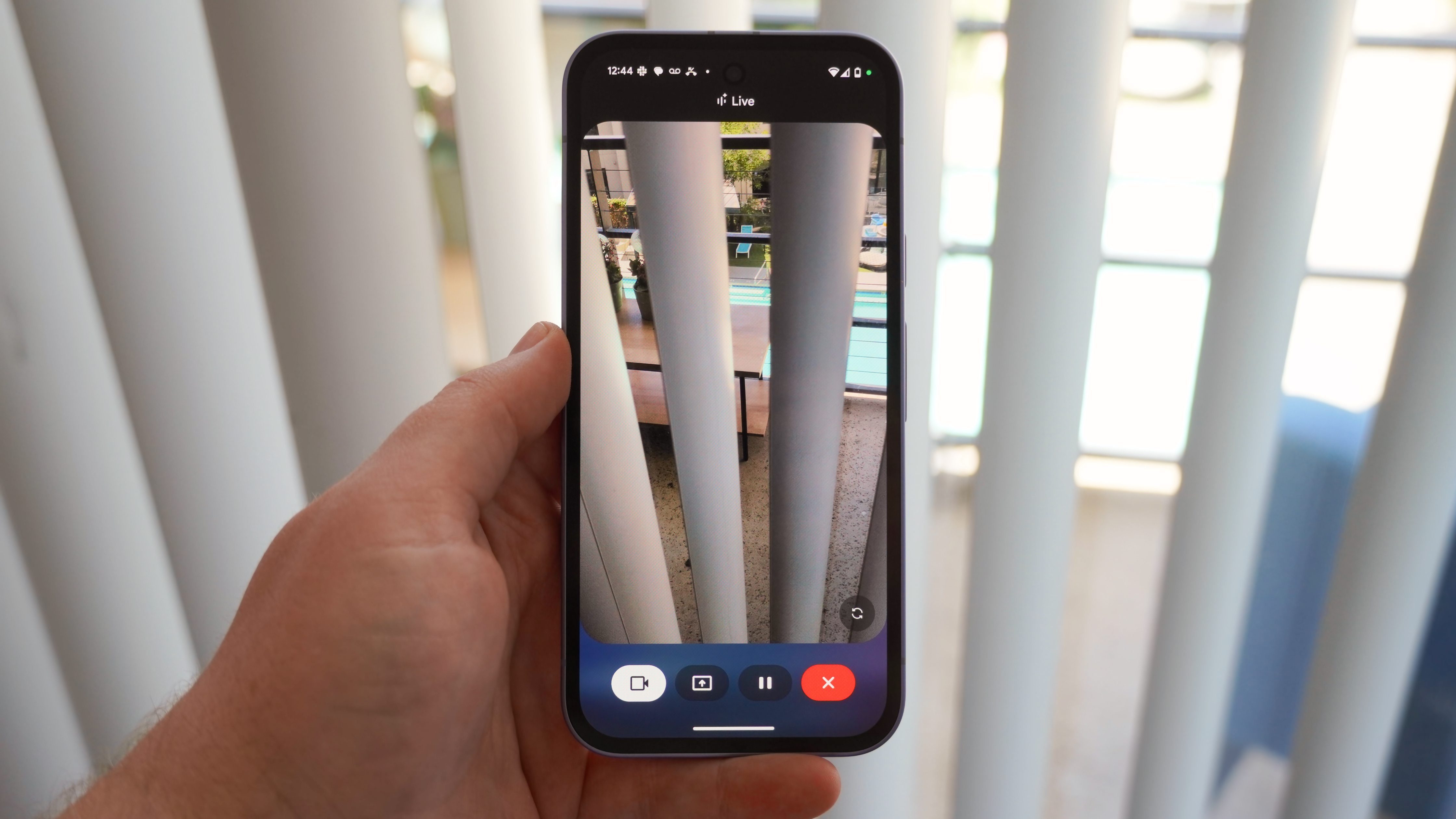5 reasons a Chromebook is better than an iPad and 5 reasons it's not
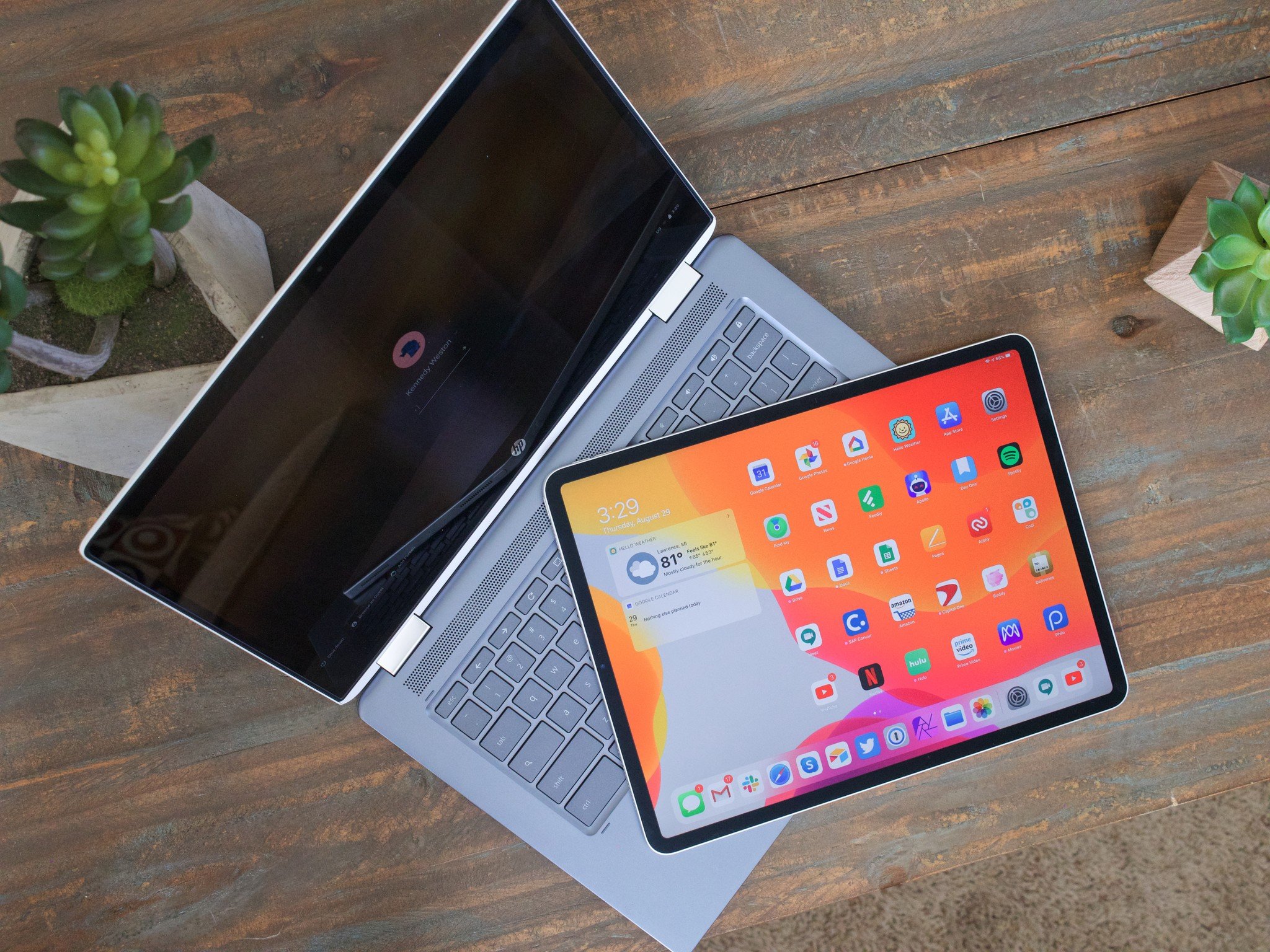
What's a computer? No, seriously, what is it?
The computer we know today is very different from just a few years ago, with big, bulky laptops being replaced by convertible tablets everywhere you look. In 2020, two of the most popular "computers" on the market are Chromebooks and iPads.
We're big advocates for Chromebooks around these parts, but as much as we love them, we'll be the first to say that Apple's iPad lineup does have some major benefits of its own. Today, we'll be pitting Chromebooks and iPads side-by-side to see the strengths and weaknesses of each camp.
Why a Chromebook is better than an iPad
First thing's first, let's talk about why using one of the best Chromebook options is a better choice than an iPad.
There are a lot of perks to Chromebooks you won't find with an iPad, some of the most prominent being as follows.
Chromebooks are more affordable
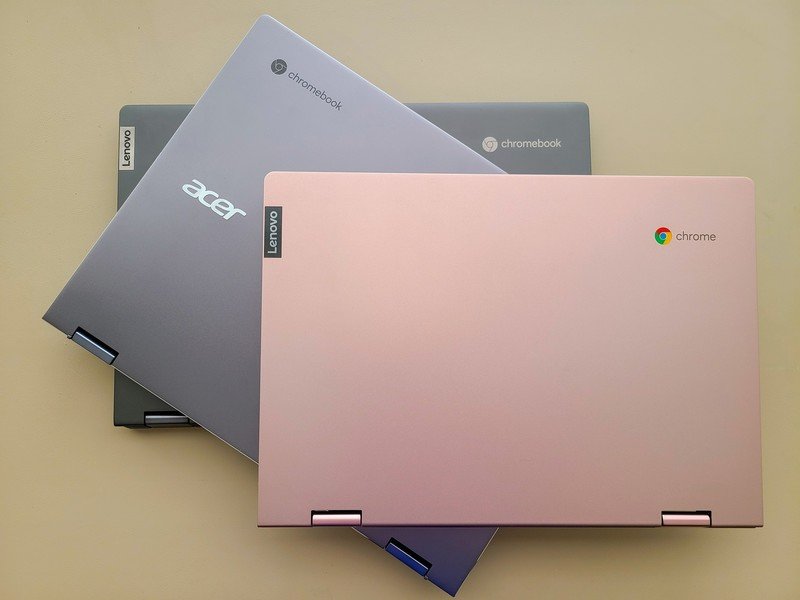
Unlike iOS, ChromeOS is an open-source operating system — meaning that a bunch of different companies can use it to create a wide variety of different Chromebooks at endless price options.
One good example of this is the Lenovo Chromebook C340. It costs a mere $260, but despite that ultra-low price tag, you're still getting a really compelling package. The C340 has excellent performance, a keyboard that feels great to type on, and has up to 64GB of storage — plus the ability to expand it with an SD card (something iPads still lack).
Be an expert in 5 minutes
Get the latest news from Android Central, your trusted companion in the world of Android
The base iPad isn't too expensive with a starting price of $329, but keep in mind you're getting half of the storage at 32GB. More importantly, if you want to get a keyboard to go along with it, you're going to need to spend even more cash for a wireless Bluetooth keyboard or the official Apple one.
As a general rule of thumb, Chromebooks offer considerably better value compared to the iPad. For many people, that'll be reason enough to go Team Chromebook.
They're available in laptop and tablet form factors
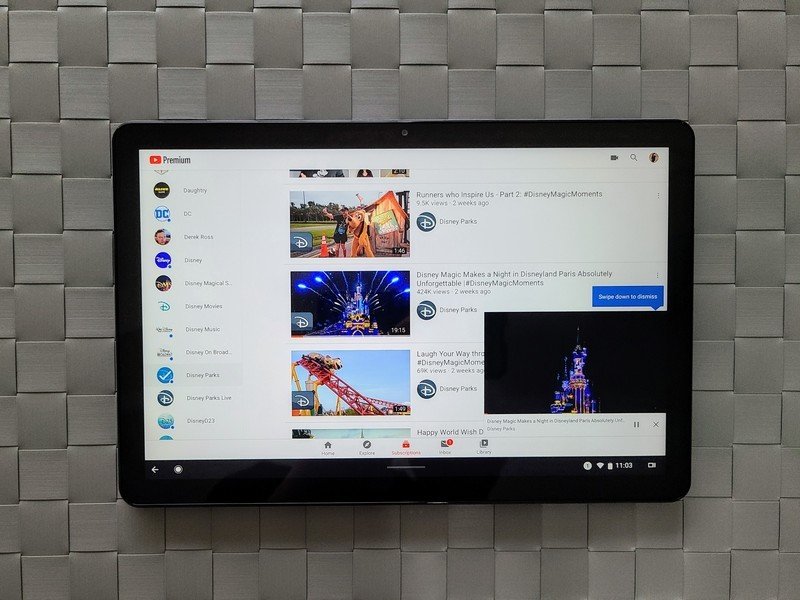
Most iPads, including the iPad Air, iPad Pro, and the baseline 7th-gen iPad, can connect with official Apple keyboard accessories that turn them into laptop-like form factors. However, at the end of the day, it's still a tablet with a keyboard accessory and not a true laptop.
That may not matter to some people, but if you plan on doing a lot of typing, having a proper laptop is probably the way to go.
Most Chromebooks offer the traditional laptop design, many of which are 2-in-1s. In other words, you can use it as a laptop when you need to type away at a long email, but when it's time to relax and play some games, the touchscreen can be folded all the way back, and the Chromebook essentially turns into a thick tablet in the blink of an eye.
Furthermore, if you're really set on getting a tablet, there are some dedicated tablets that run ChromeOS, like the Lenovo Chromebook Duet. Similar to the topic of pricing mentioned above, this is another area in which Chromebooks offer more flexibility when compared to what Apple offers.
You can use a mouse and touch for navigation
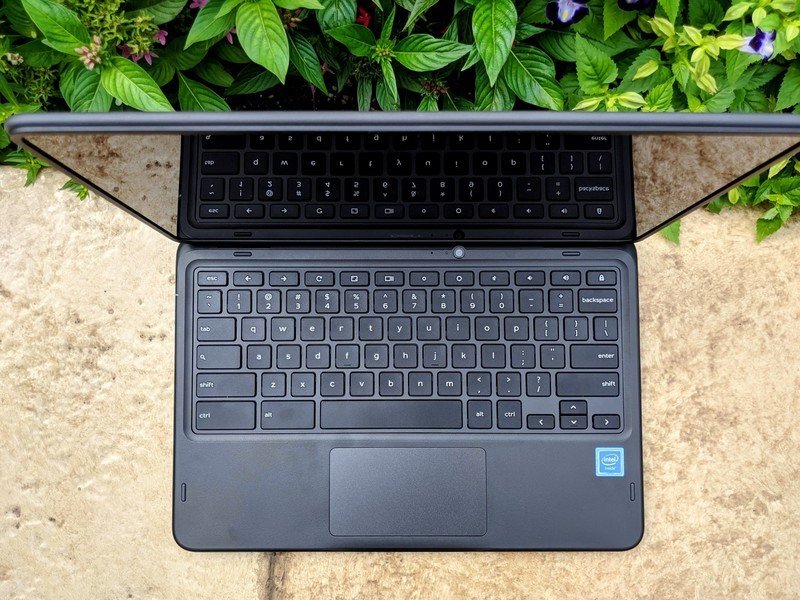
Piggybacking off that point, Chromebooks have another win in regards to how you can navigate one.
Since Chromebooks are available as laptops and tablets, you can choose to interact with them through either a trackpad/mouse or touch input with a touchscreen if it has one. Not only does this added flexibility allow you to use a Chromebook exactly how you want to, but using a mouse is often preferable and more productive for specific tasks, as are the robust keyboard shortcuts available for Chrome OS.
The iPad is, first and foremost, a 100% touchscreen experience. iOS 13 and 14 have added mouse support and expanded its usefulness on an iPad, but the fact remains that you're still interacting with an operating system that was built around touch and nothing more.
Software updates and security patches are installed automatically
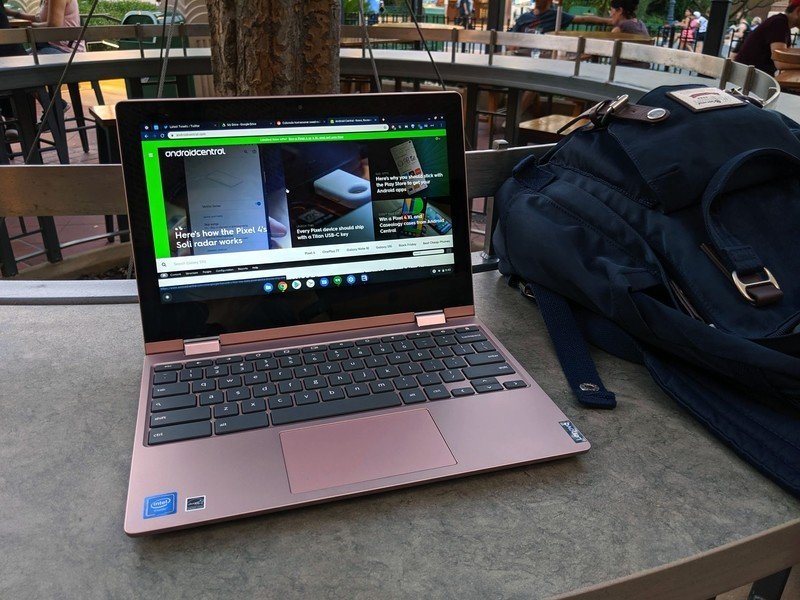
ChromeOS comes with a lot of benefits, but one of our favorites has to be the way it handles software updates.
Unlike Windows laptops, MacBooks, or even an iPad, you don't have to download and install updates on a Chromebook manually. Instead, these are downloaded automatically in the background, and the next time you turn your Chromebook on, the update is installed during the boot process. Once you experience the magic that is a Chrome OS update after it's seamlessly downloaded and installed itself for you the next time you boot your computer up, you'll never want to go back to anything else.
Google also offers excellent after-market support for Chromebooks, with all of them coming with years of guaranteed updates so you can ensure you have access to the latest available features and patches for security vulnerabilities.
iPads do come with years of updates, but those updates are handled in a much more traditional fashion. Updates need to be downloaded and installed and depending on how big these are, can sometimes take a hot minute to finish up. While not as bad as Windows or macOS, updates on iOS are still something you're consciously aware of. On a Chromebook, you don't have to think about them at all.
Chromebooks are more rugged/durable
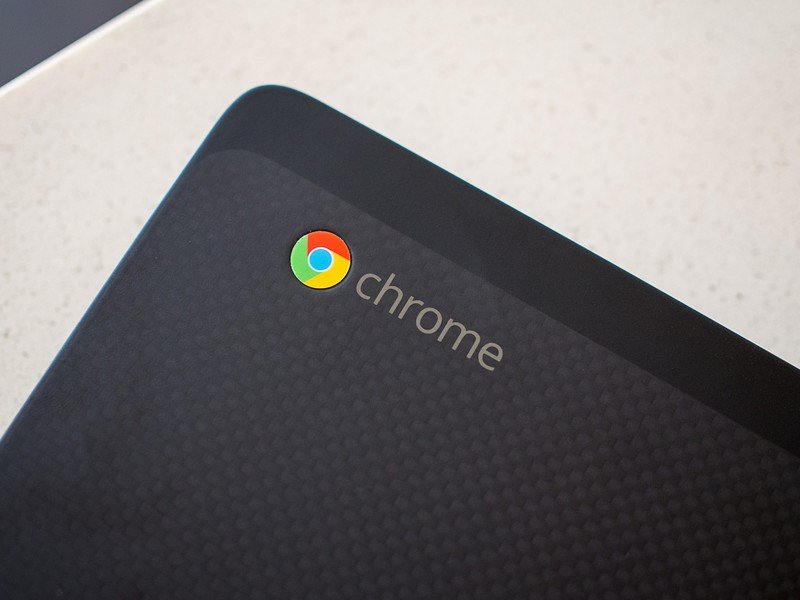
No matter if you're a self-proclaimed butterfingers or just want peace of mind that your machine will be able to withstand daily wear and tear, buying something durable is essential. Once again, this is an area where (most) Chromebooks have a serious advantage over Apple's iPad.
A lot of Chromebooks come with some degree of military-grade drop protection, water resistance, and spill-proof keyboards. A prime example of a wonderfully rugged Chromebook is the ASUS Chromebook Flip C214.
None of Apple's iPads advertise waterproofing, and while the regular iPad and iPad Air are relatively durable, the iPad Pro models quickly proved to be among the most fragile tablets on the market.
For anyone that's concerned with durability, an iPad likely isn't your best bet.
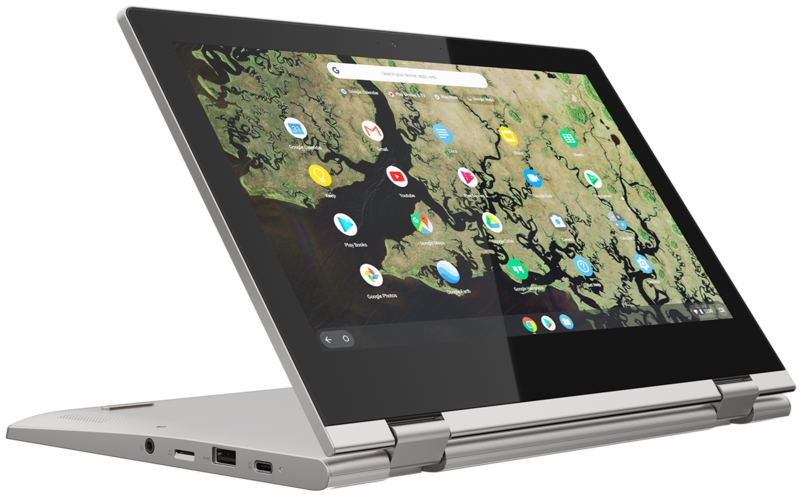
Incredible power and function at a great price
When it comes to Chromebooks, one of the best ones you can get is the C340 model from Lenovo. It touts excellent performance, all-day battery life, and comes with 6.5 years of guaranteed software updates. Throw in the premium design and ample ports, and you've got yourself a winner.
Why a Chromebook isn't better than an iPad
As you can see, there are a lot of advantages to buying a Chromebook over an iPad. Chromebooks are generally more affordable, durable, offer greater flexibility, and make software updates as easy as can be.
Those are all great things, but now it's time to play devil's advocate. As much as we love Chromebooks, there are some key areas in which the iPad takes the win.
Not all Chromebooks are made equal
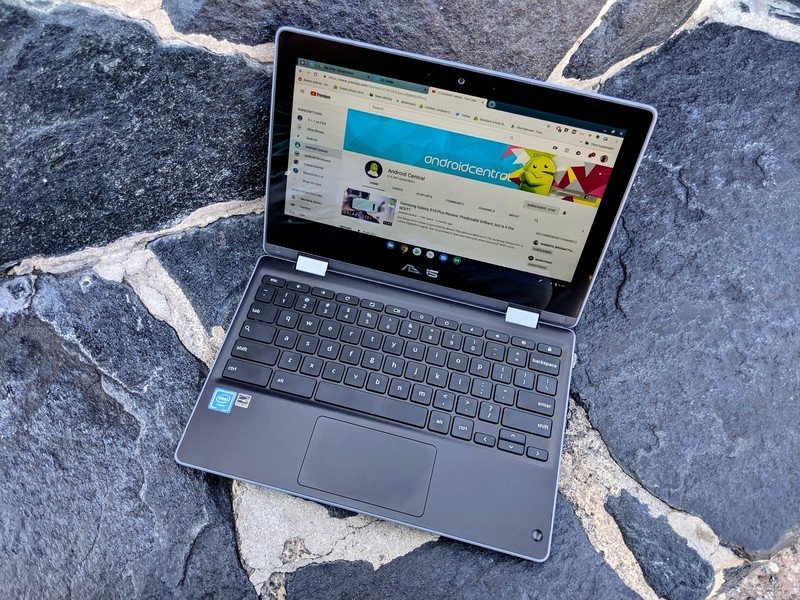
As mentioned above, one of the benefits to the Chromebook world is that there are so many different options to choose from. There are Chromebooks for the low, mid, and high-end tiers, many of which are well worth your time and money.
However, not all of them are.
Trying to keep up with the Chromebook market can be challenging, especially if it's not something you regularly follow. Not all new Chromebooks being released have adequate performance, some have bad-looking displays, and if you aren't careful, you could end up buying a Chromebook that was released three years ago and nearing the end of its update/support life.
When it comes to the iPad, your buying decision is considerably easier.
There's the base iPad if you want to spend as little money as possible, the iPad Mini for people that want a small-screen iPad, the two iPad Pros that offer the best experience possible for the most money, and the iPad Air that acts as a middle-ground option.
It's impossible to buy a bad iPad, but the same can't be said for Chromebooks.
Android apps still have some issues
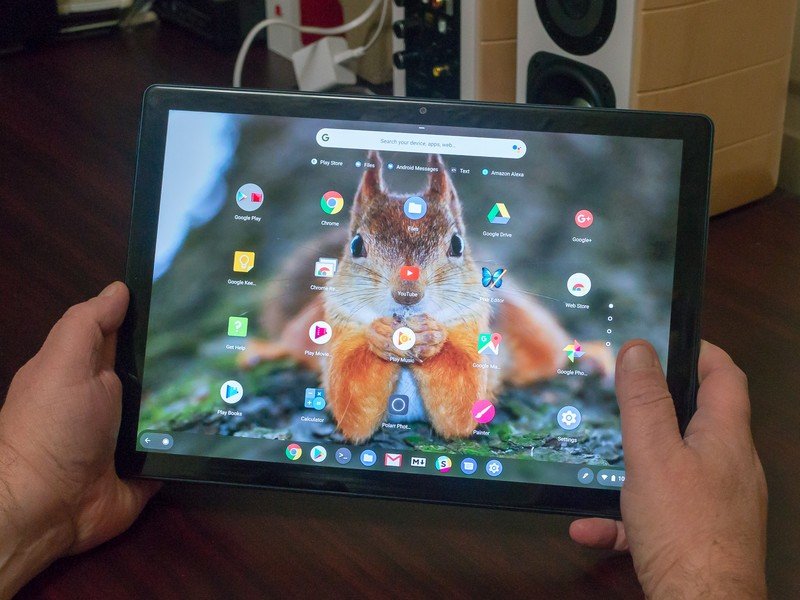
When Chromebooks first launched, you could only really use the Chrome browser, and that was it. Within the last few years, however, Google added the ability to download and install Android apps.
This expanded the functionality of Chromebooks quite a bit, allowing you to download and run apps like Microsoft Word, Netflix, and more. Most Android apps work reasonably well on Chromebooks and can be run either full-screen or as a small window, but it's not uncommon to come across an app here or there that isn't optimized all that well for use on a Chromebook.
On the iPad, you have access to an excellent library of apps that all look and feel great. There's far less wonkiness, and even on the lowest-end base iPad, apps still run with ease.
iOS 13 brought desktop browsing to the iPad
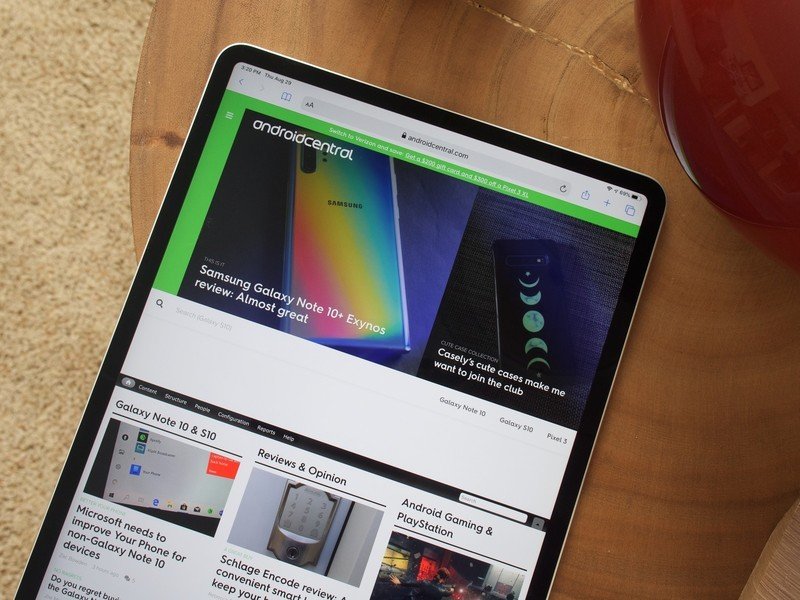
For years and years, one of the most notable downsides to the iPad was that it didn't offer desktop-class web browsing. Apple's Safari works well, but up until recently, you've been limited to only being able to access mobile versions of websites on the iPad.
With iOS 13, that finally changed.
Safari is still the default web browser on the iPad with iOS 13 and future versions, but it now operates as a desktop browser — just like it does on a Mac.
Websites are optimized correctly for touch and easy to navigate, but you now get the same experience you would on your regular computer and not a stripped-down mobile version. This is hugely beneficial and makes using the iPad for work/school infinitely better.
The Apple Pencil is unmatched
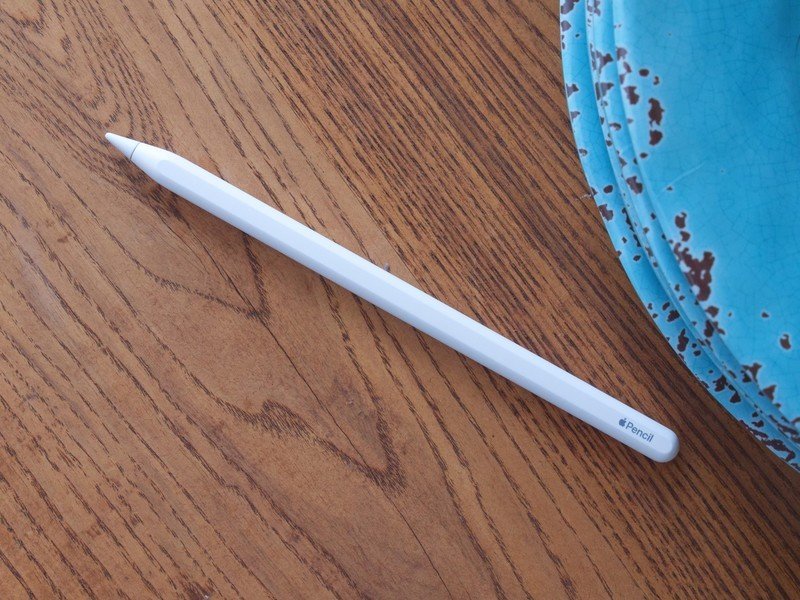
Some Chromebooks ship with an included stylus, but when compared to the workhorse that is the Apple Pencil, they just don't come close.
The level of precision and power you get out of the Apple Pencil is insane, making it one of the best stylus options out there for people that are serious about being creative while on the go — whether you're creating artwork from scratch or finely tuning in details in a photo editor.
There's virtually no lag when using the Apple Pencil. You can apply pressure to get thicker lines when drawing or tilt the Pencil to shade. There's also a far broader ecosystem of apps to use with the Apple Pencil as opposed to Android apps on Chromebooks that can take advantage of them.
No matter which current iPad you buy, it'll work with the Apple Pencil.
Some people are likely more comfortable with iOS
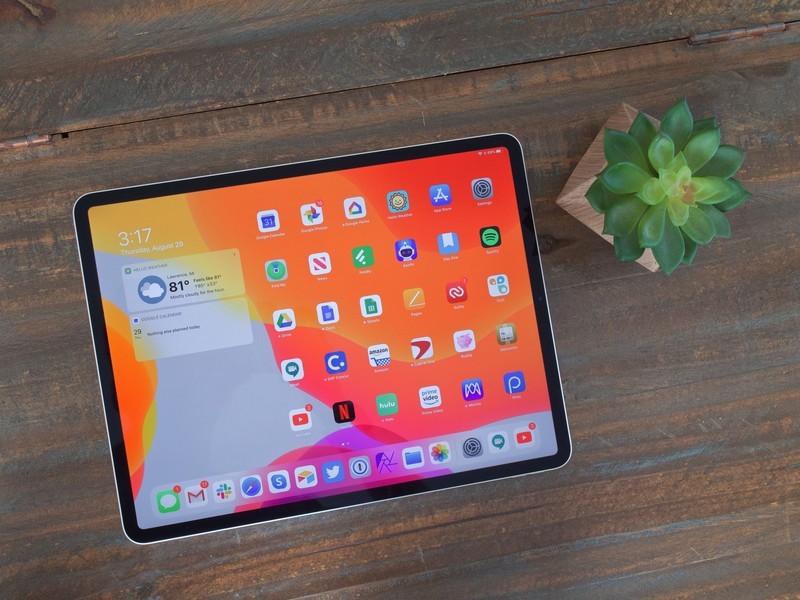
Lastly, there's something to be said about iOS as a whole.
Apple got a lot of flak for its "What's a computer" commercial in 2017, but if you think about it, it kind of makes sense. A lot of people out there — especially younger individuals — could have a close relationship with iOS and know how it works. Still, when it comes to desktop platforms like Windows, macOS, and ChromeOS, they can feel old and archaic.
The fact is that some folks have a different relationship with "computers" than others, and as such, an iPad just might make more sense for them than a standard laptop.
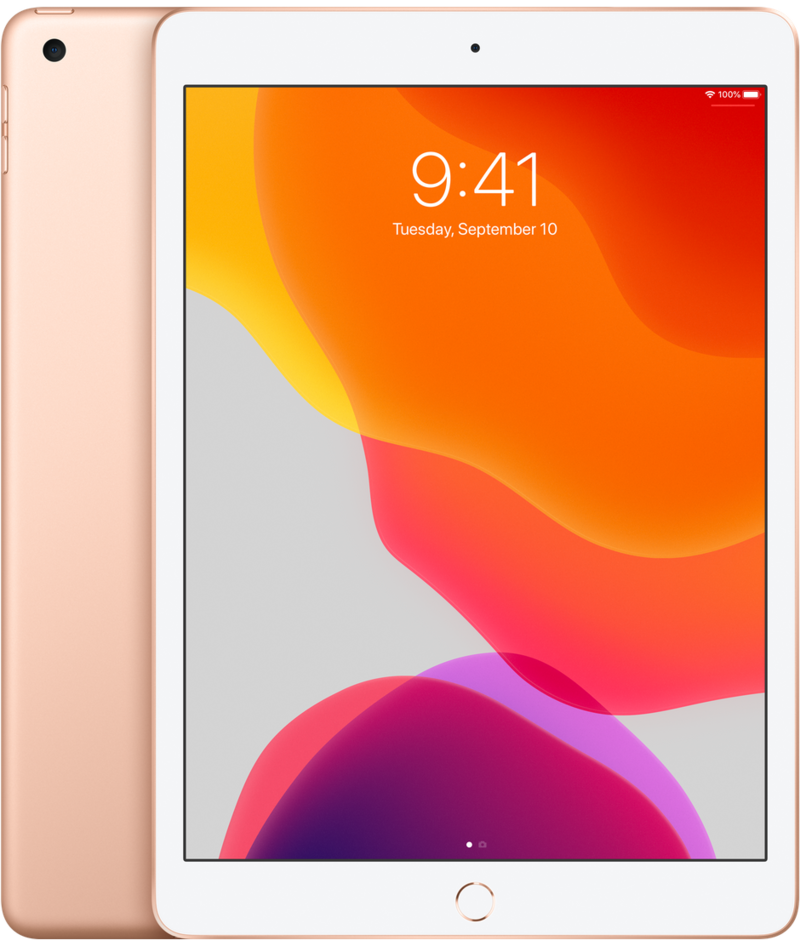
Who said Apple products have to be expensive?
The 7th Gen iPad is equipped with a super-fast processor, a solid 10.2-inch Retina display, Touch ID, 10+ hours of battery life, works with the Apple Pencil, and can be equipped with an official Apple keyboard. Despite being an Apple product, it's one of the best value tablets on the market.
What do you think is best — Chromebook or iPad?
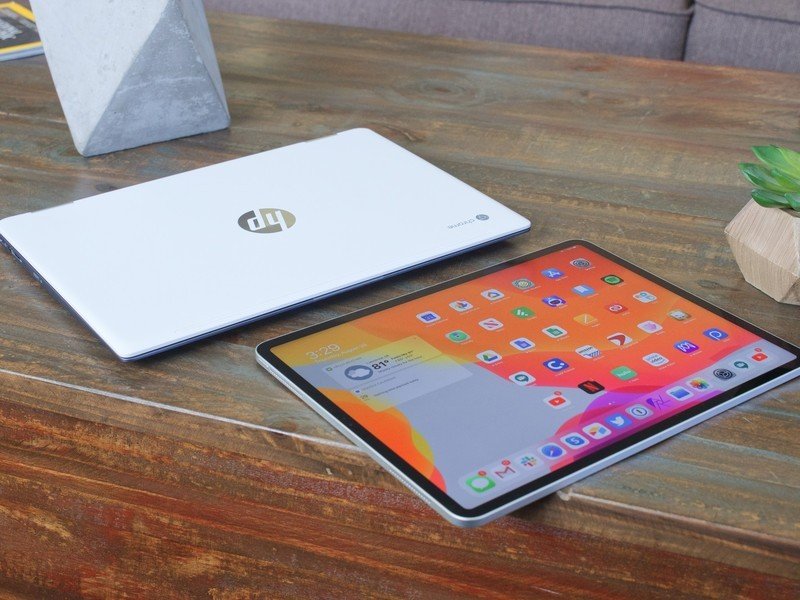
Now, we want to hear from you! We want to know if you think a Chromebook or an iPad is a better choice.
Whatever your opinion is, sound off in the comments below and let us know!
5 things parents need to know about buying their kid a Chromebook
Joe Maring was a Senior Editor for Android Central between 2017 and 2021. You can reach him on Twitter at @JoeMaring1.

